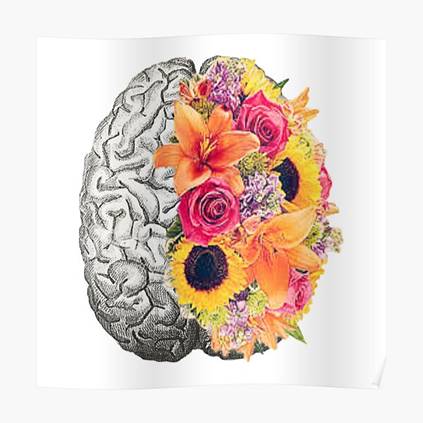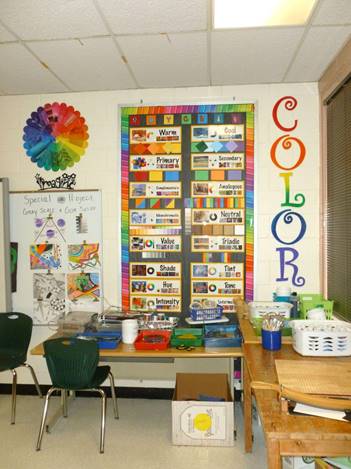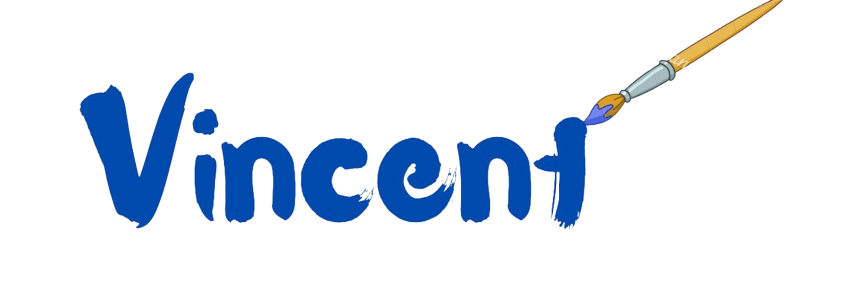Notes From Vincent
The foundation of the story reflects that our World is designed with a neurotypical mindset which sets up a less than optimal even toxic environment for neurodiverse individuals. Being measured against standards that make them feel “less than” or “defective” undermines their identity, confidence, and sense of belonging. Humans are tribal by nature so being a valued member of our community is essential to our wellbeing. Many symptoms we see in our society today can be linked to a lack of belonging and not feeling “seen, valued and heard” so there is a significant benefit to society to actively seek to make changes. Imagine a world with less anxiety, depression, self-harm, suicide, homelessness, substance abuse and under achievement that comes from us creating awareness, acceptance, inclusion and ultimately belonging for “minds of all kinds” when we take them into account when we design our World rather than require them to identify themselves and ask for adaptations.

Why “minds of all kinds” inclusion matters

Initiatives
Classrooms that teach through “all channels” or in ways that reflect all learning styles are more inclusive and effective for the diverse group of students in them. Given this one goal we want to explore is working with experts in education to create and openly share lesson plans that leverage all learning styles. Making them freely available and nurturing their uptake will change the classroom environment to be more inclusive and effective for “minds of all kinds”.
Nurture the support of the “Arts” in both our schools and communities. The “Arts” are the “oxygen in the room” for our creatives who tend to be neurodiverse so when they are cut from budgets and disappear from our schools and communities it further diminishes their opportunity to thrive rather than just survive. The Arts are key to the development of all children as they teach key skills and attributes such as: Creativity (which is dropping in our World), Confidence, Problem Solving, Perseverance, Focus, Non-verbal communication, Receiving Constructive feedback, Collaboration, Dedication, Accountability, Cultural awareness and a Global perspective. All are essential to success in today’s Knowledge Age VUCHA world.
Leverage existing programs that further empathy and belonging such as providing “buddy benches” to school playgrounds. Teaching children to be aware of those feeling “left out” and engaging with empathy to include them is a life skill that has huge potential to change our World.



